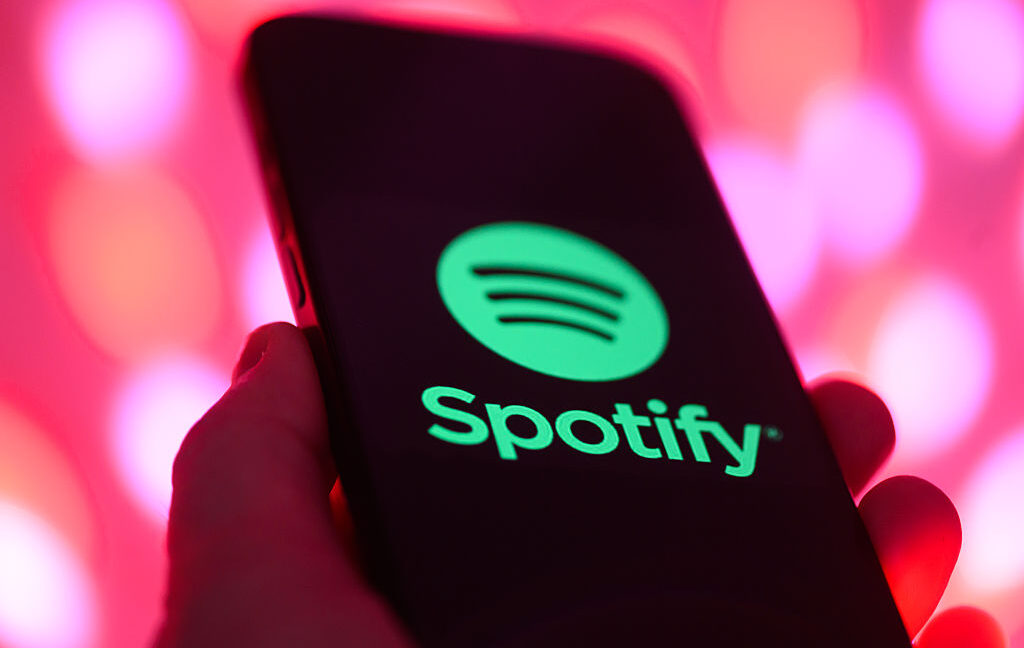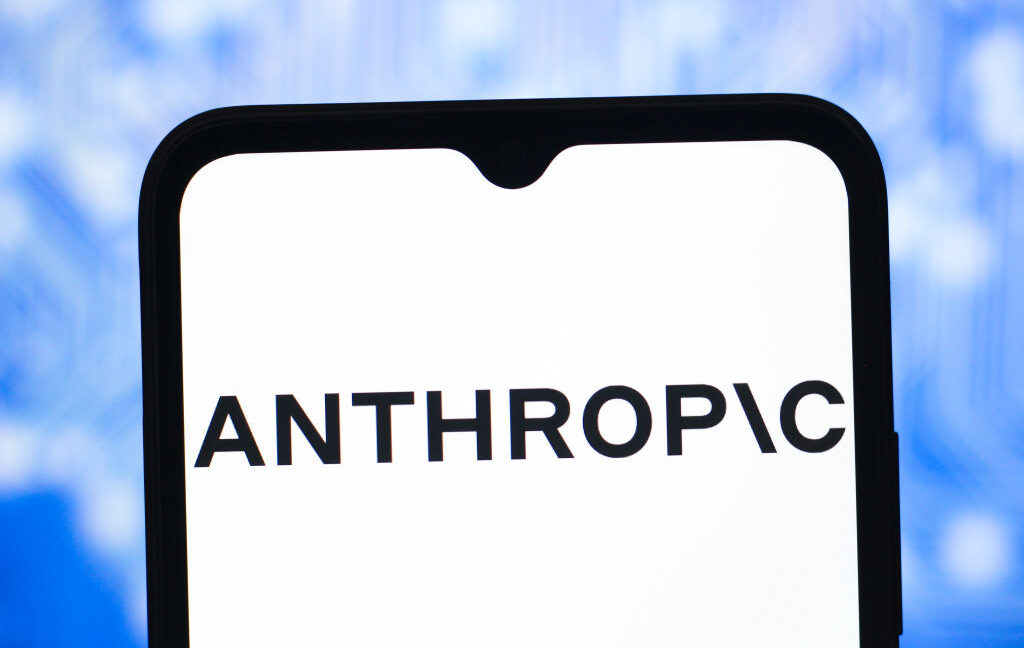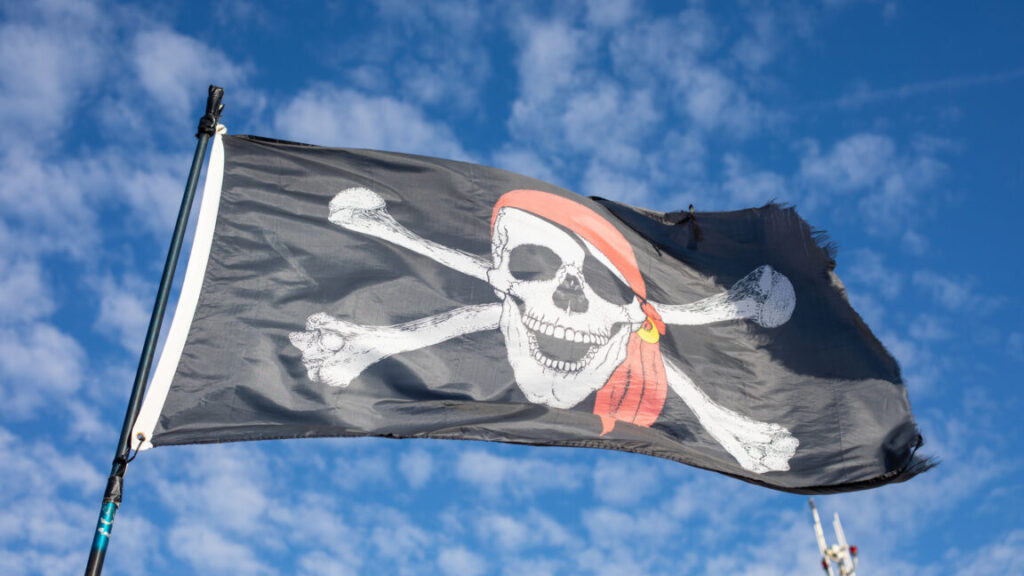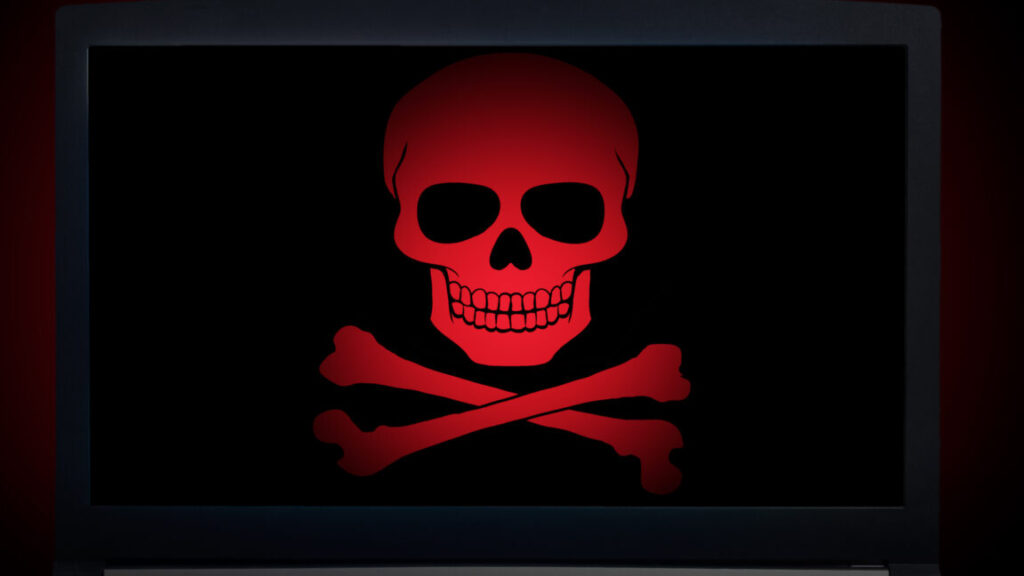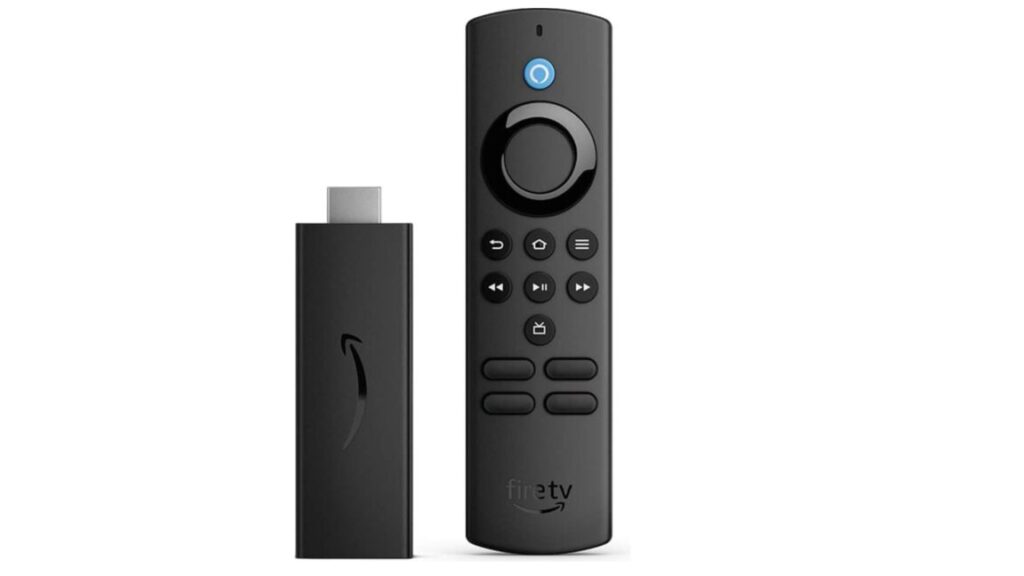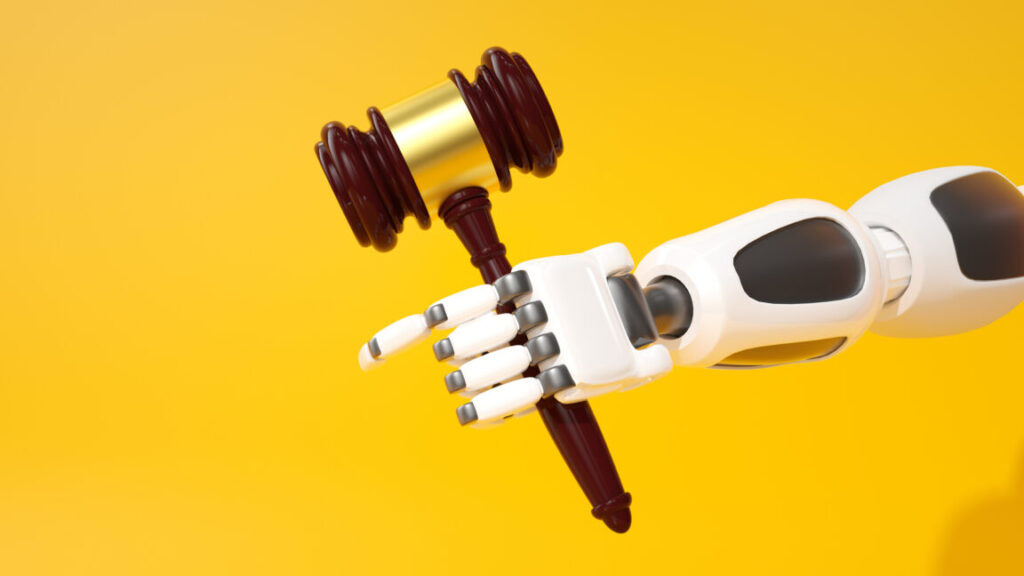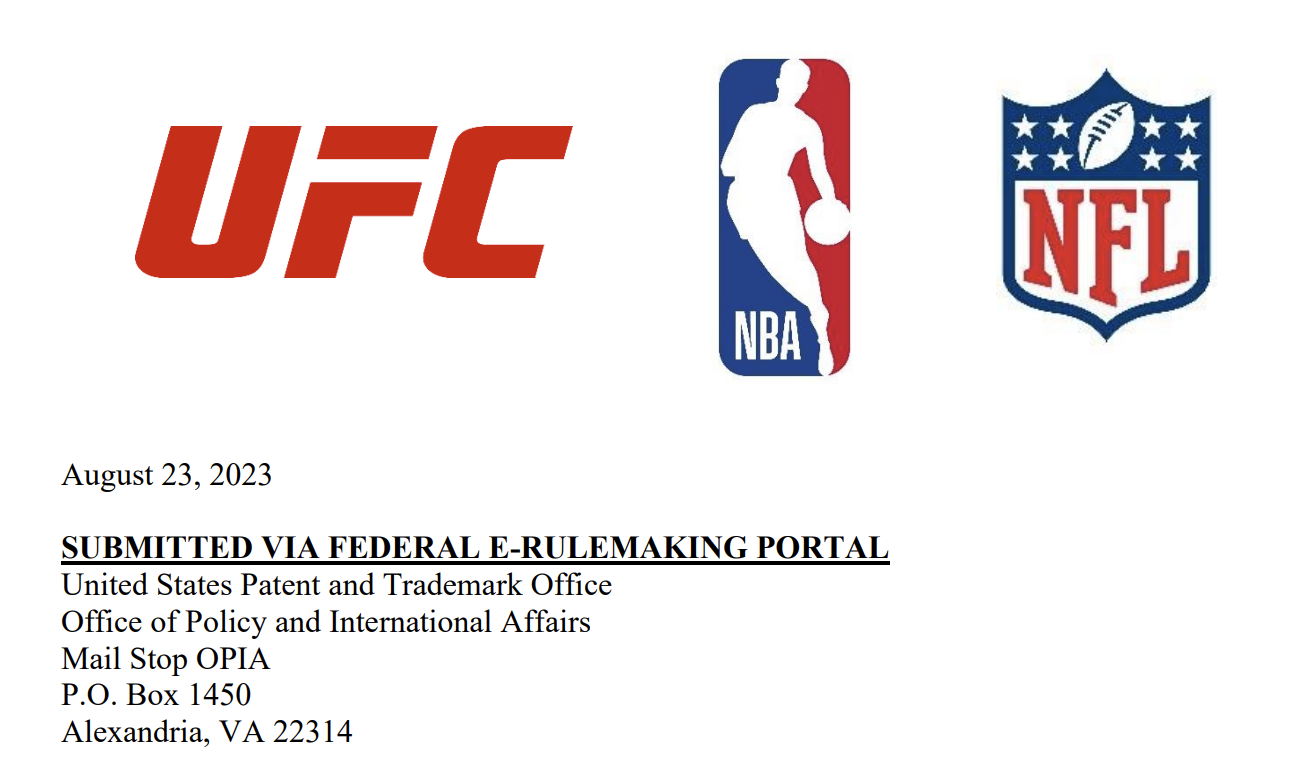World’s largest shadow library made a 300TB copy of Spotify’s most streamed songs
But Anna’s Archive is clearly working to support AI developers, another noted, pointing out that Anna’s Archive promotes selling “high-speed access” to “enterprise-level” LLM data, including “unreleased collections.” Anyone can donate “tens of thousands” to get such access, the archive suggests on its webpage, and any interested AI researchers can reach out to discuss “how we can work together.”
“AI may not be their original/primary motivation, but they are evidently on board with facilitating AI labs piracy-maxxing,” a third commenter suggested.
Meanwhile, on Reddit, some fretted that Anna’s Archive may have doomed itself by scraping the data. To them, it seemed like the archive was “only making themselves a target” after watching the Internet Archive struggle to survive a legal attack from record labels that ended in a confidential settlement last year.
“I’m furious with AA for sticking this target on their own backs,” a redditor wrote on a post declaring that “this Spotify hacking will just ruin the actual important literary archive.”
As Anna’s Archive fans spiraled, a conspiracy was even raised that the archive was only “doing it for the AI bros, who are the ones paying the bills behind the scenes” to keep the archive afloat.
Ars could not immediately reach Anna’s Archive to comment on users’ fears or Spotify’s investigation.
On Reddit, one user took comfort in the fact that the archive is “designed to be resistant to being taken out,” perhaps preventing legal action from ever really dooming the archive.
“The domain and such can be gone, sure, but the core software and its data can be resurfaced again and again,” the user explained.
But not everyone was convinced that Anna’s Archive could survive brazenly torrenting so much Spotify data.
“This is like saying the Titanic is unsinkable” that user warned, suggesting that Anna’s Archive might lose donations if Spotify-fueled takedowns continually frustrate downloads over time. “Sure, in theory data can certainly resurface again and again, but doing so each time, it will take money and resources, which are finite. How many times are folks willing to do this before they just give up?”
This story was updated to include Spotify’s statement.
World’s largest shadow library made a 300TB copy of Spotify’s most streamed songs Read More »
